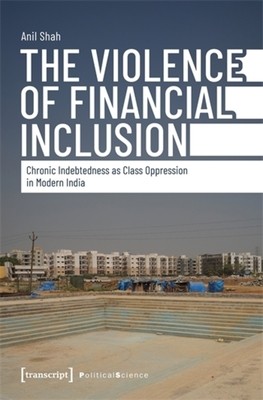
- We will send in 10–14 business days.
- Author: Anil Shah
- Publisher: Transcript Publishing
- ISBN-10: 3837680649
- ISBN-13: 9783837680645
- Format: 15.2 x 22.9 x 1.9 cm, minkšti viršeliai
- Language: English
- SAVE -10% with code: EXTRA
Reviews
Description
Financial inclusion appears as a timely development policy. Ostensibly, providing poor households with access to credit and other financial services contributes to sustainable development and poverty alleviation. Anil Shah reveals the colonial roots of microfinance and how these paved the way for its rise in the present. Drawing on empirical field research, he demonstrates how financial inclusion is the latest incarnation of a class-based mode of dominating and exploiting subaltern classes on the Indian subcontinent through gendered and racialised indebtedness. As such, he offers a vital resource for researchers, students, and policymakers working in the field of development finance.
EXTRA 10 % discount with code: EXTRA
The promotion ends in 22d.14:06:17
The discount code is valid when purchasing from 10 €. Discounts do not stack.
- Author: Anil Shah
- Publisher: Transcript Publishing
- ISBN-10: 3837680649
- ISBN-13: 9783837680645
- Format: 15.2 x 22.9 x 1.9 cm, minkšti viršeliai
- Language: English English
Financial inclusion appears as a timely development policy. Ostensibly, providing poor households with access to credit and other financial services contributes to sustainable development and poverty alleviation. Anil Shah reveals the colonial roots of microfinance and how these paved the way for its rise in the present. Drawing on empirical field research, he demonstrates how financial inclusion is the latest incarnation of a class-based mode of dominating and exploiting subaltern classes on the Indian subcontinent through gendered and racialised indebtedness. As such, he offers a vital resource for researchers, students, and policymakers working in the field of development finance.


Reviews